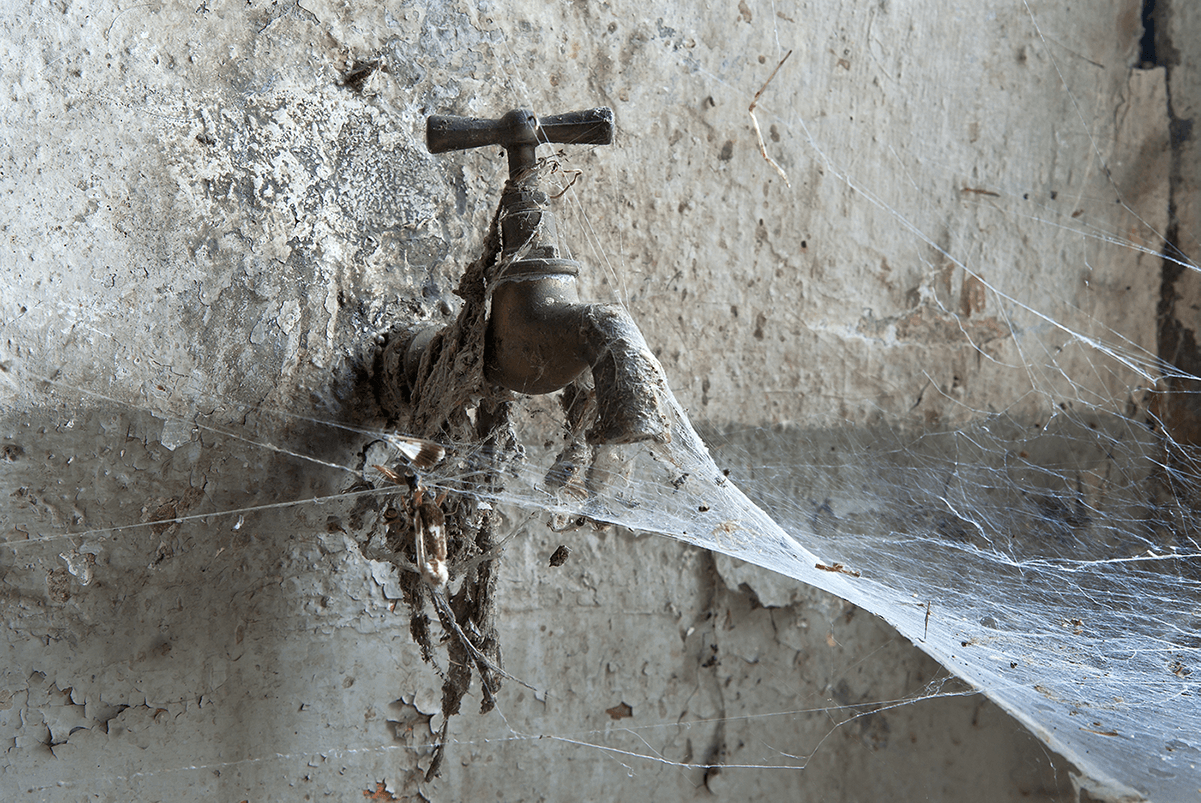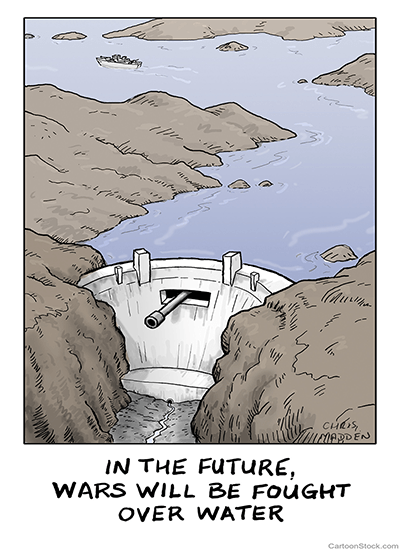groundwater depletion
Source: Willem Havenaar; shutterstock
Less visible than pollution the depletion of groundwater is a major global threat to the environment and hence to humanity. Groundwater is essential for a healthy environment because it feeds streams, lakes and wetlands and its depletion results in significant losses of habitat and biodiversity. The drying out of the soil also increases the occurrence and intensity of wildfires.
No water, no life
For humans groundwater is one of the most precious substances on earth, because it provides us with fresh water that makes up almost 40% of our drinking water and produces 95% of our food. It is used especially for the irrigation of crops. The problem is that it can be withdrawn from the soil very quickly, but its return can take decades.
Between 2000 and 2010 the rate of groundwater depletion for irrigation had risen globally by 24 per cent.
About two thirds of this depletion was caused by just four countries India, Iran, Pakistan and China, with the US in fifth place.
Although it is not precisely known how much water is left, India in particular is already experiencing massive problems. As much of 54% of the country faces high to extremely high water stress, largely because groundwater levels are steadily declining as a result of increasing irrigation.
During the decade that ended in 2010, the acceleration of groundwater for irrigation was most rapid in India (23 percent), China (102 percent) and the United States (31 percent).
Ominously, most groundwater depletion is concentrated in a few regions that rely significantly on overexploited sources to grow crops, mainly the USA, Mexico, the Middle East and North Africa, India, Pakistan and China, including almost all the major breadbaskets and population centres of the planet.
A vast majority of the world’s population lives in countries that get nearly all their staple crop imports from partners who deplete groundwater to produce these crops, posing huge risks for global food and water security. Some countries, such as the USA, Mexico, Iran and China, are especially vulnerable because they produce and import food irrigated from rapidly depleting aquifers.
Obviously this situation cannot end well and there is very little that can be done about it, because reductions in irrigation would mean reductions in food production.
"When the Well is Dry, We'll know the Worth of Water."
Benjamin Franklin



